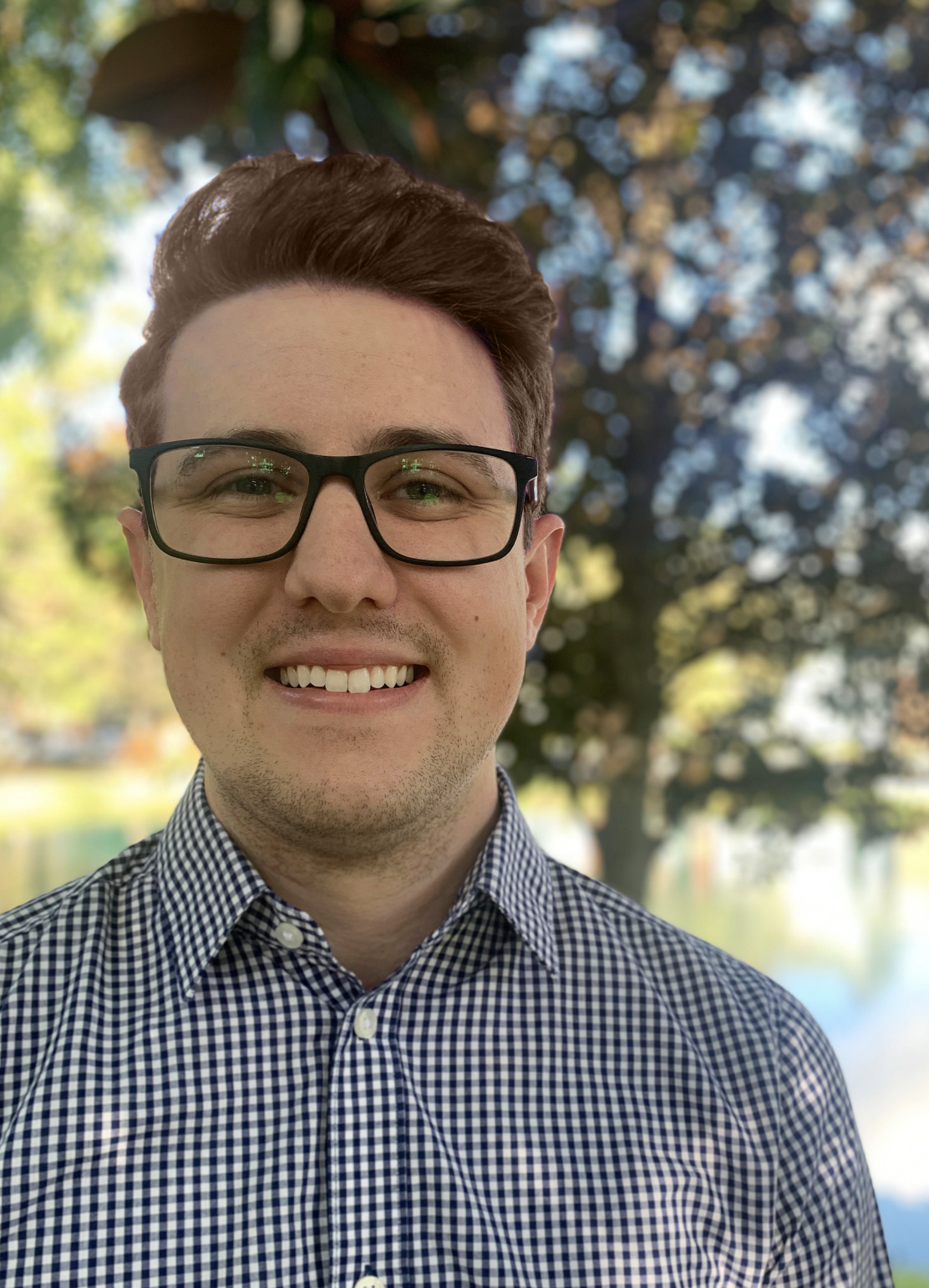Researchers using Michigan Medicine aggregated patient data can now more easily analyze health outcomes for deaf and hard of hearing patients, thanks to advocacy efforts spearheaded by Associate Professor Michael M. McKee, MD, MPH, and Post-Doctoral Research Fellow Tyler G. James, PhD, both in the Department of Family Medicine.
A new language filter has been included in the DataDirect research database, now listing American Sign Language (ASL) as a preferred patient language. In addition to this, researchers can also search patients with hearing loss who require Communication Access Realtime Translation (CART) for their health care visits. This filter makes Michigan Medicine health system clinical data associated with patients who use ASL or CART available to all University of Michigan researchers.
“Disparities in health are significant for people with disabilities, especially deaf and hard of hearing patients,” McKee said. “It’s critical to provide medical researchers access to patient data for secondary research so that we can close the gap on care that addresses the unique needs of people with disabilities. I am excited that the Michigan Medicine research community now has access to an important aspect of research, specifically how deaf and hard of hearing patients communicate with their doctors and other medical staff at Michigan Medicine.”
McKee, a deaf clinical researcher, was interested in gathering data from DataDirect about patients who use American Sign Language or information derived from CART services. CART is a translation method that uses a human captioner, assisted by computer technology, to transcribe spoken language into written sentences.
James, a non-deaf health services researcher, was preparing grant applications focused on patients who are deaf and hard of hearing who use ASL to communicate. Like many other researchers seeking summary statistics about Michigan Medicine’s patient population, he accessed DataDirect but found no ASL data available as a language option.
“Cohort discovery tools in medical research inconsistently include ASL use among deaf patients,” James said. “This lack of inclusion adds multiple barriers to conducting health disparities research with this population.”
ALSO READ: Promoting health equity for deaf patients through the electronic health record
Providing fellow researchers access to information about patients who live with disabilities aligns with McKee’s clinical and research goals. In addition to serving as the director of the Deaf Health Clinic at Michigan Medicine’s Dexter Family Health Center, McKee works as director of MDisability, a Family Medicine-affiliated program focused on improving primary care education, research, and practice to meet the needs of patients with disabilities. James is also affiliated with MDisability.
Drs. McKee and James worked with the Office of Research’s Data Office for Clinical and Translational Research (DOCTR) to include preferred language such as ASL and CART as a feature of Cohort Discovery within DataDirect. DataDirect information sources include MiChart, Michigan Medicine’s version of the EPIC® electronic health record system.
DataDirect provides research teams with access to clinical data on more than four million unique patients across the Michigan Medicine system, including diagnoses, encounters, procedures, medications ordered and administered, and lab orders. After securing IRB approvals, researchers using the DataDirect database have access to individual patient data and outcomes from as far back as 2000.
“Michigan Medicine serves a diverse population, so it’s critical that our researchers know all aspects of our patient population,” said Arika Owens, Training and Outreach specialist with DOCTR. “We value feedback from those who use our tool. They help us make it as robust and comprehensive as possible.”
To access DataDirect, visit https://research.medicine.umich.edu/our-units/data-office-clinical-translational-research




